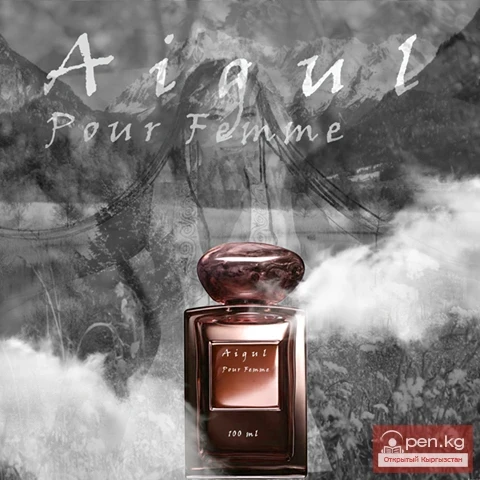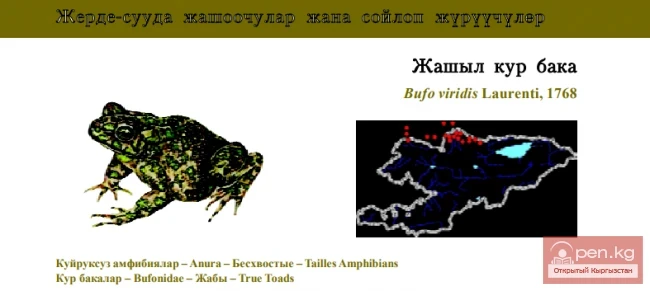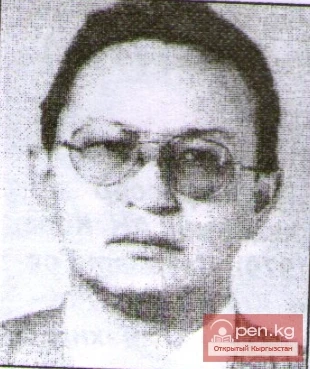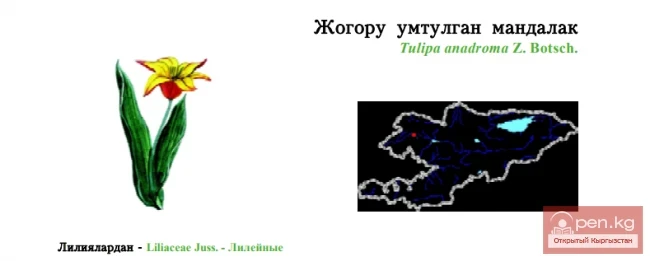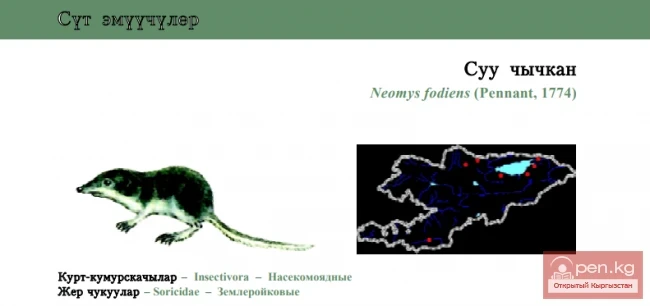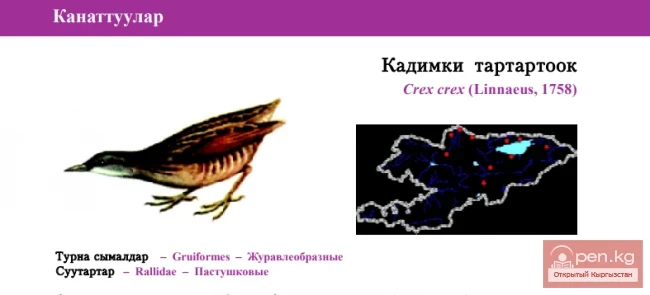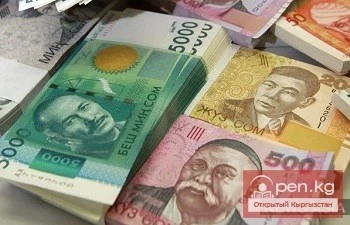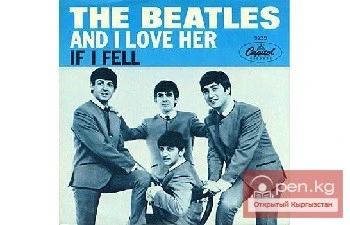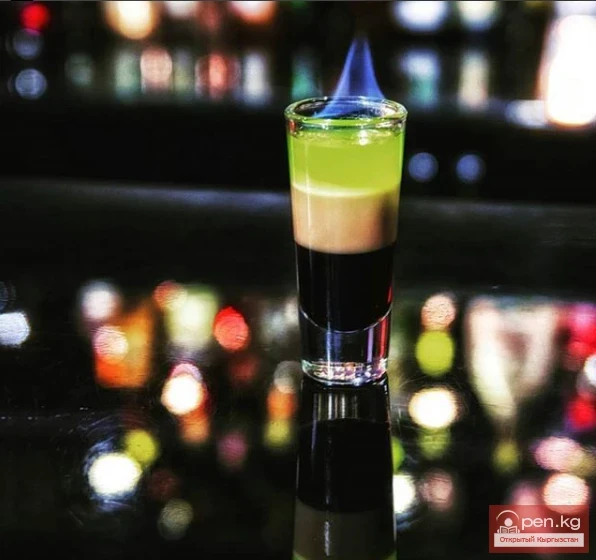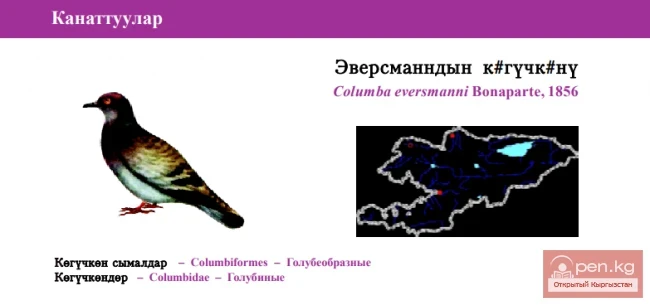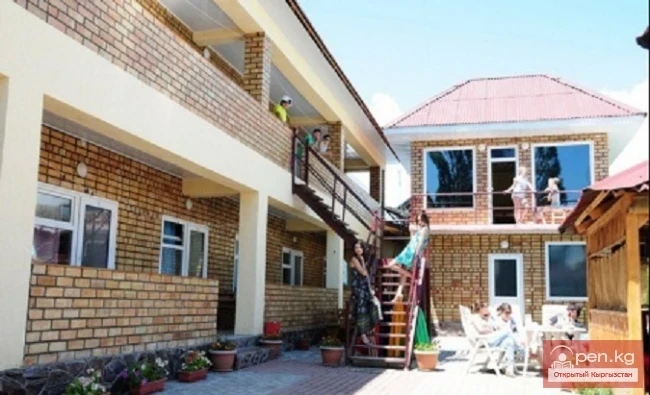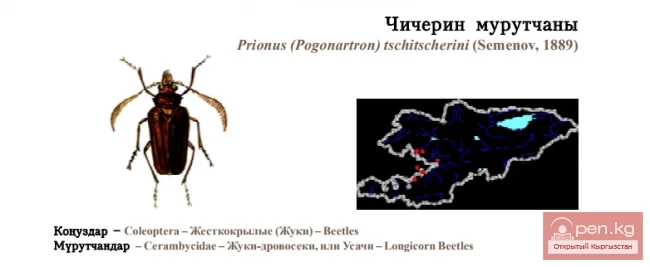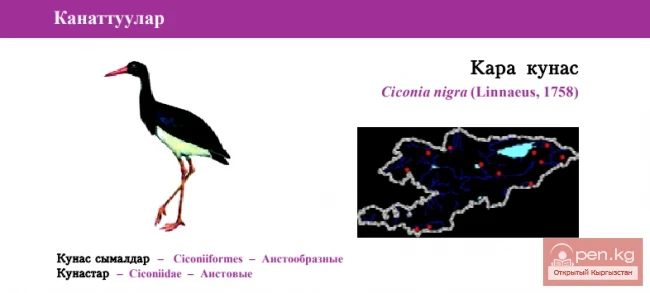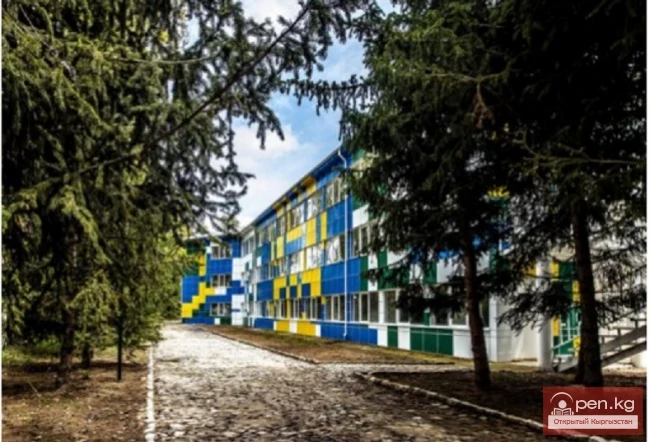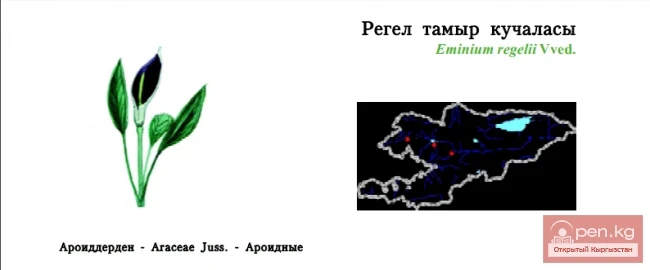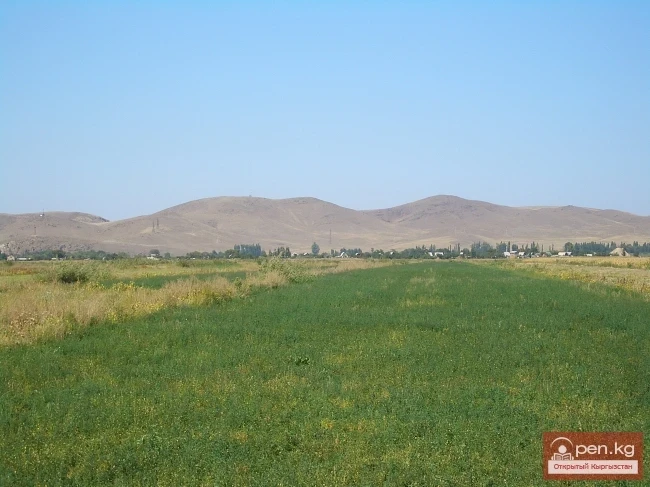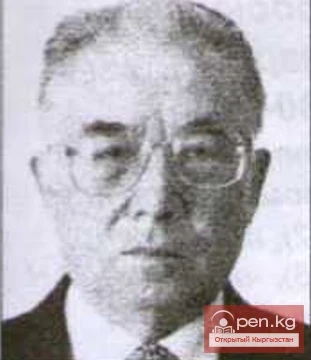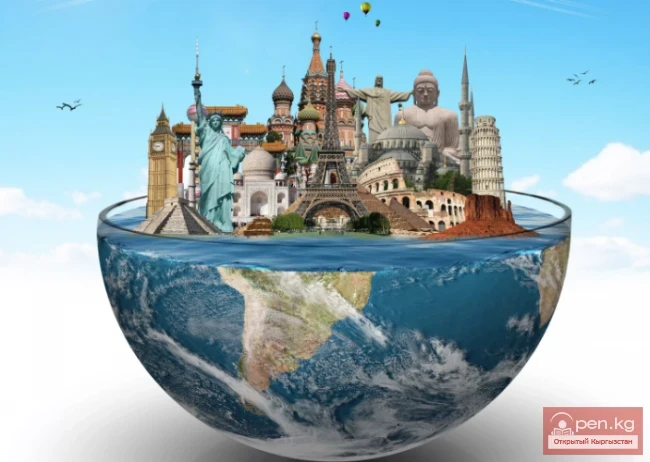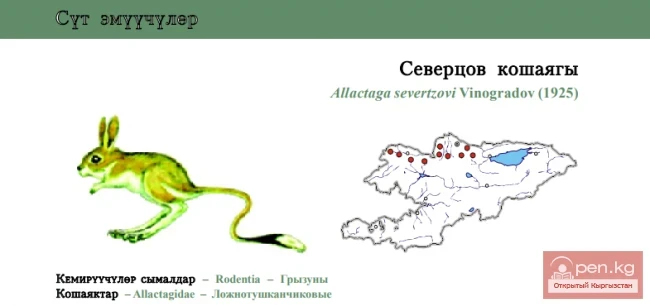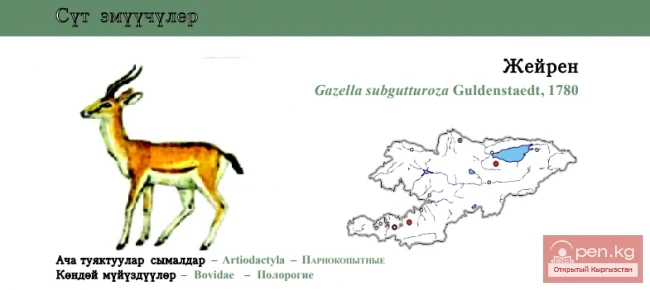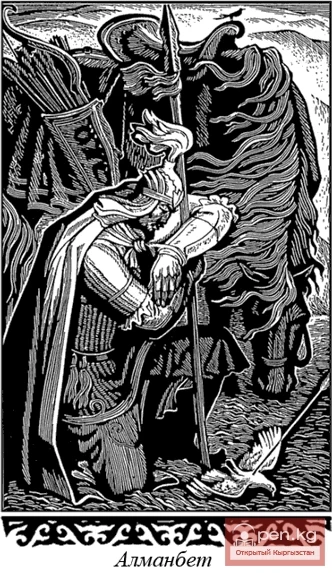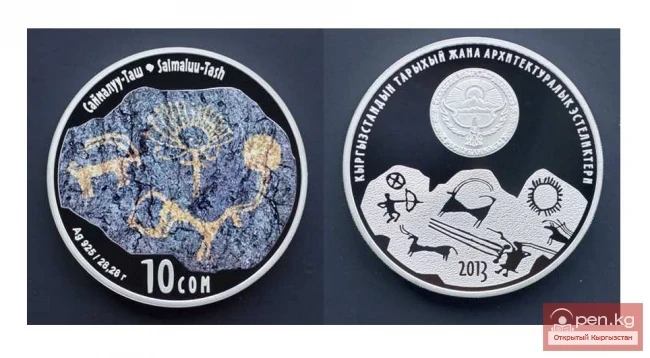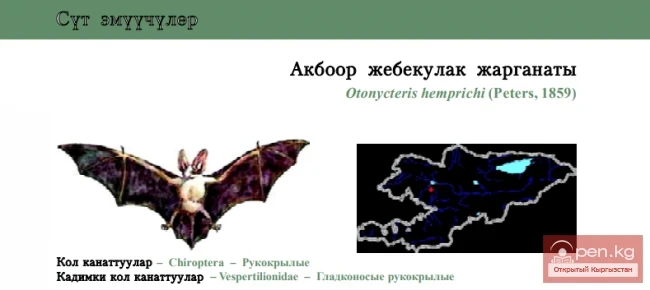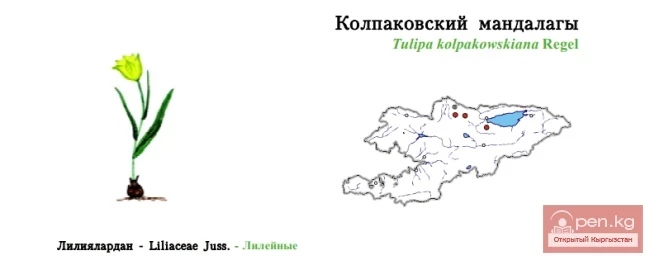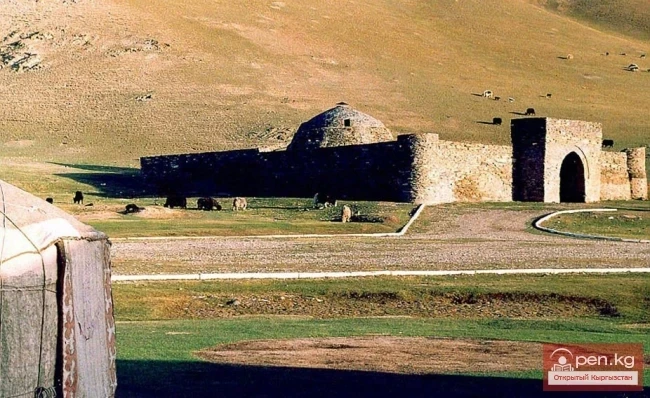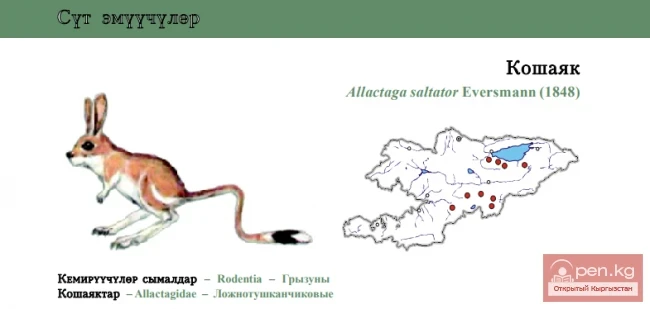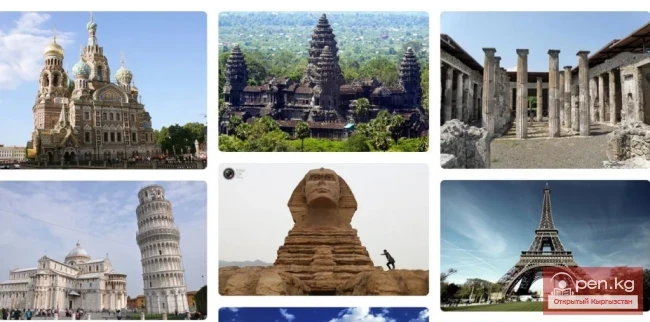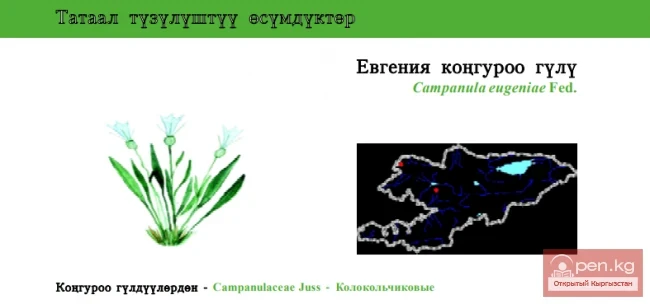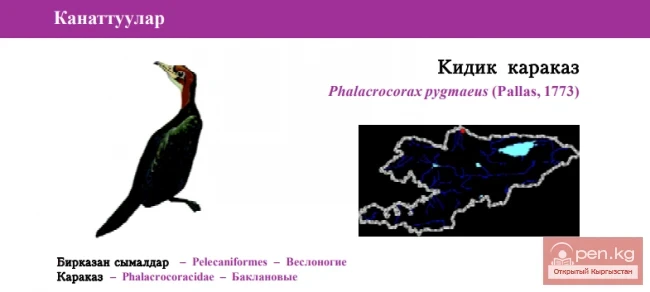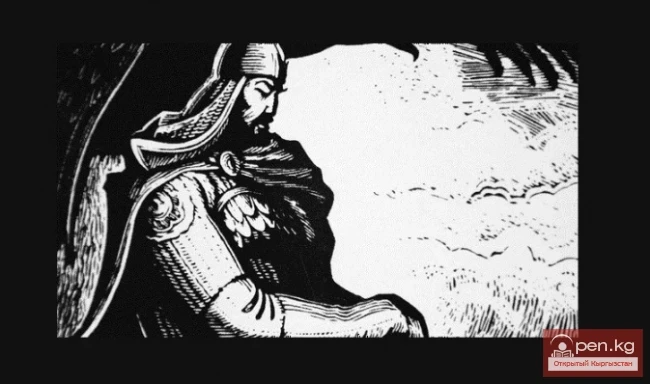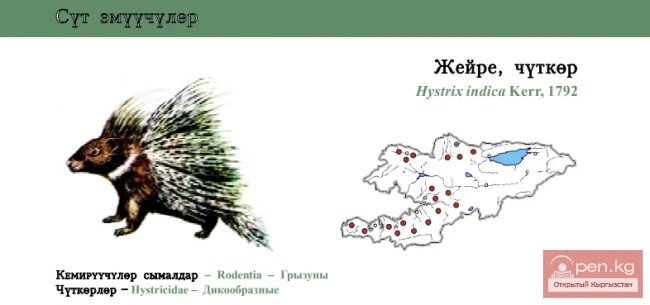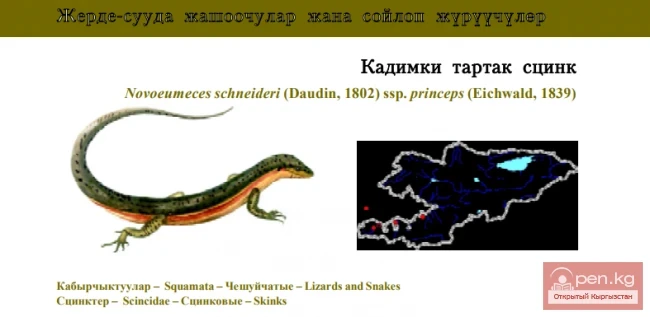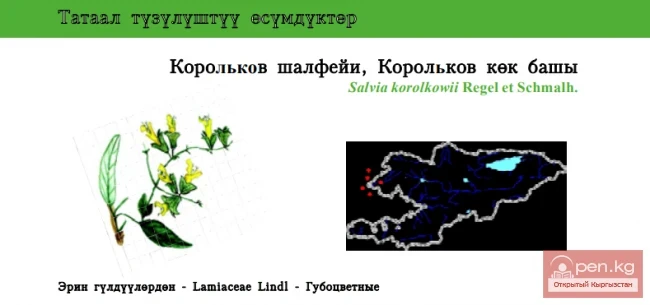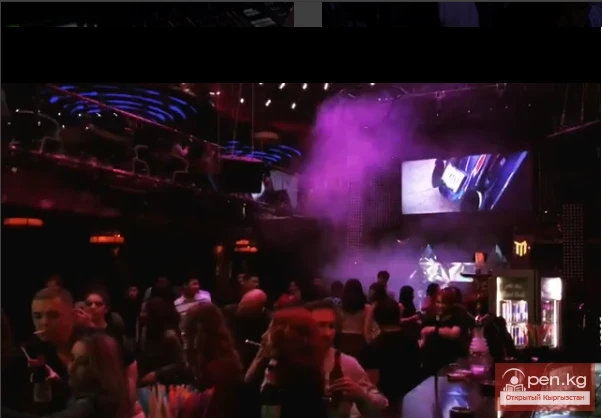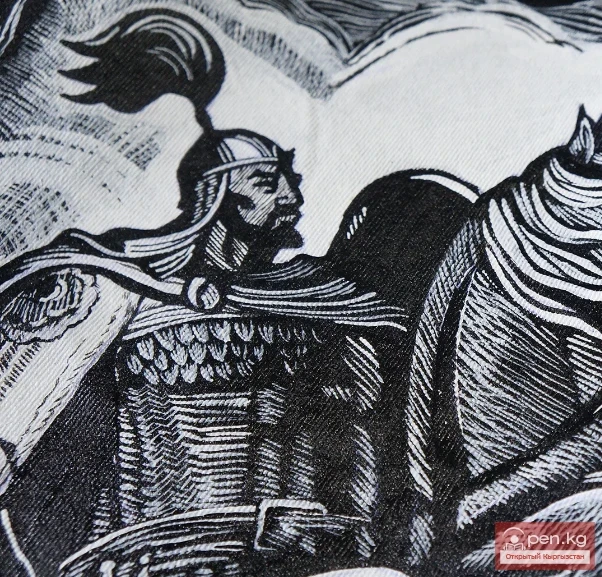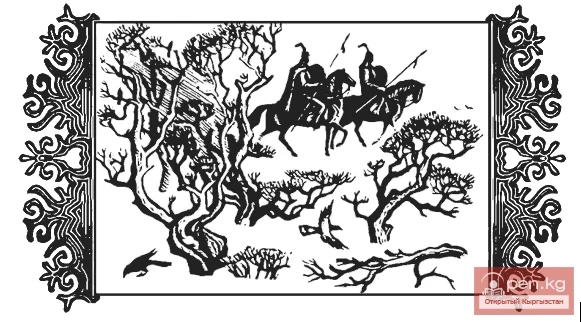
In reconnaissance
They came to the valley of Teshik-Tash,
Where fragrant flowers
Bloom on the meadows,
Fruit gardens are in bloom
And tea bushes grow in the fields.
Here Almanbet dismounted from his horse.
He fell face down into the grass
And, like a child, began to cry:
— Forgive me, my land!
Syrgak, this is my homeland!
My mother gave birth to me here,
And from the umbilical cord,
The native land accepted my blood.
Here along the riverbank
I ran barefoot in my childhood.
Over there, under the colorful tent,
I played with friends as a boy.
That branching yellow tal
I planted in my early youth.
Under that ancient chinar
I was born at night under the moon.
Having seen many troubles,
The leaves have dried up without water,
And only at the root, you see,
A green sprout grows.
My mother told me, Altynai:
“My son, my unfortunate one,
When you return home,
Here there will be a little sprout —
Know that you will not be alone:
You will have a son.”
The sprout of the chinar says,
That Arooke — my wife
Will give me a son in autumn.
The land where you were born
Will always remain dear.
Forgive me, Syrgak, my comrade,
That, like a child, I shed tears here.
I ran away from here, Syrgak,
To save my life and my mother.
They deprived me of my khanate and land,
And before my homeland,
My merits did not even save me.
My father is a well-known khan here,
I was not honored by him:
He probably doubted
That I was born of him.
After all, I am Kyrgyz on my mother’s side,
By faith since childhood — a Muslim.
When I was born, they say,
I was circumcised, like Christ.
Apparently, as an infant, I underwent
Sunnah in my mother’s womb.
I asked my mother for milk
Not with a child’s cry of “Ma-ma! Mom!”—
I shouted at the top of my lungs: “Islam! Islam!”
As you see, my dear friend,
I was already an outcast since childhood.
I was a stranger here and there.
So it was decreed by fate!
I fell madly in love here
With the daughter of Esenkhan, Burulchu.
She, suffering, for the fifth year
Has been waiting for me here in captivity.
And at the memorial, I learned,
That Konurbai boasted there:
He wants to take
My bride Burulchu to his yurt.
I will not forgive him for this!
I will take revenge for all the insults!
For honor, I will pay with my life!
I will hold my bride Burulchu
To my heart, like a wife,
And then let me die!
The sorceress prophesied in my childhood:
Almanbet’s life is short.
And if I perish here,
I ask you, my friend Syrgak,
Marry your jene —
The beautiful, gentle Arooke.
And I believe you,
You will not leave your son an orphan,
And he will be dear to you, —
Almanbet concluded in tears.
— Be strong, Alma! — said Syrgak
And embraced his friend by the shoulder.
— Thank you, my brother!
I knew you would understand me.
Now let’s, my friend, together
Fulfill our military duty!
And from the bag, Almanbet
Pulled out a Chinese beshmet,
Put it on his head
A silk-embroidered tebetei.
As if Syrgak was a choro
A noble Chinese servant.
Then he put on his chapans,
Which he wore here when he was a khan.
And they set off on their further journey,
Like two young Chinese,
Who are going home.
Their path went through mountain trails.
They forded two rivers:
Shat-Kechu and Tash-Kechu,
Where there was no bridge —
Familiar places for Alma.
And finally, they arrived
In the valley, where for ages
The Chinese have been herding their herds.
When they got closer,
A guard came out to meet them —
The chief herdsman Karagul.
He was in the Karkyra valley,
Where Konurbai and Neskara
Set up an ambush for guests,
And took away the horses with them.
— Where are you from? Why have you come?
I know everyone in the whole area,
But I have not met such people, —
Karagul asked in alarm.
— I am going to the city of Chynmachyn.
The ruler of the kongur tribe.
My brother is the famous khan Burgur,—
Almanbet replied to him.
— And who is this with you?
His clothes are torn on his shoulders,
His eyes are bulging and he is silent,
As if he is deaf-mute.
— He is the son of the Burut chief.
When the poor fellow fell into captivity,
Out of fear, he swallowed his tongue.
When I gave him clothes,
The Burut was as thin as a devil,
And here he has fattened up like a pig,
Now it fits him snugly, —
Almanbet replied, laughing.
— And are you leading a stallion
To sell at the market?
Do you want to exchange it for tea?
— The horse came to me as a trophy,
When we defeated the Kyrgyz,
And took their horses.
We are going to the city of Tuansha,
We will return here at our leisure.
You take care of him, my friend,
You will receive tenge for your trouble!
He pulled the bridle from the stallion,
And struck its back with the whip.
Seeing his native herd,
Kartkuron galloped off,
Sniffing his mares —
And the whole herd recognized him
As their leader.
At that moment, Karagul understood,
That Almanbet had tricked him.
He struck the horse named Toraygyr
Hard with the whip,
Kicking up a cloud of dust behind him,
He rushed to his khan.
They did not chase him —
They needed to quickly
Drive the horses back to their homeland.
Syrgak tapped his shield
(A signal familiar to the horses) —
And immediately faithful Kartkuron
Drove his herd into Karkyra,
Where the steppe grass spreads like a carpet,
Where the scent of native herbs intoxicates,
Where the fairytale Kegen flows.
But can Karkyra
Be replaced by another land!
We will leave the scouts here,
To learn other news:
What are Manas and Chubak up to?
On the bank of the Maral River
They set up a camp
And waited there for the return
Of Almanbet and Syrgak from reconnaissance.
— Go after them, my Chubak!
What if they have encountered trouble,
And cannot make it back here! —
Manas became anxious.
Chubak rushed off immediately,
To find out about the heroes.
And Manas lay down to sleep:
Three days and three nights he had been in the saddle,
Not sleeping, not resting anywhere.
Epic "Manas". The quarrel between Chubak and Almanbet
